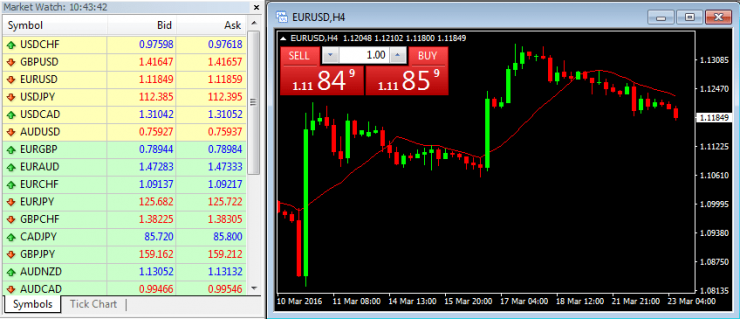
Do forex brokers have to report spot FX trades under EMIR?
When the EU introduced EMIR reporting of OTC derivative trades in 2014, one of the questions many had was the status of spot FX trades. For online forex brokers, spot FX is the foundation of their business with many of them reporting over 90% of their volumes in FX and only smaller activity in CFDs. Even among brokers such as Saxo Bank and IG that market cross asset products and CFDs are the majority of their business, spot FX remains a major portion of their business and EMIR trade reporting requirements.
Is spot FX a derivative under EMIR reporting?
In understanding what has to be reported under EMIR, the guidelines focus on OTC derivatives. As such, FX swaps, forwards and options are within the reporting framework. Not included are spot FX trades that settle within two days and include a delivery of funds between counterparties.
But what about your typical retail forex trade? On one hand it is priced using spot FX non-derivative prices. On the other hand, it differs from a physical FX transaction with no delivery of funds. In fact, financial product definitions do view retail forex trades as different than physical delivery spot FX, typically calling them ‘rolling’ spot FX transactions.
Rolling spot FX is similar to CFDs
In order to clarify where rolling spot FX trades that are offered by retail forex brokers belongs, the EU Commission (EC) answered on this subject in 2011. In the question, the EC was asked whether rolling spot FX trades on margin are a form of CFD or derivative and fall within the definition of financial instruments under MiFID.
They answered that there is a difference between rolling FX contract and spot trading with immediate delivery. According to the EC, the main difference is that rolling contracts can be “indefinitely renewed”, thereby delivery of profit and gains doesn’t take place until the position as closed. The reason why this is a key factor is that the indefinite parameters of the trade expose counterparties to price fluctuation risk.
In regards to EMIR, since the creation of the reporting framework was created to allow regulators to have a better view of existing OTC derivatives counterparty risk, the ECs classification of spot FX puts it squarely within the reporting framework.
Still have questions about EMIR reporting or looking for a cost-effective way to start reporting, at Cappitech we can help. LEARN MORE about our solution for Forex/CFD/Binary Brokers.





